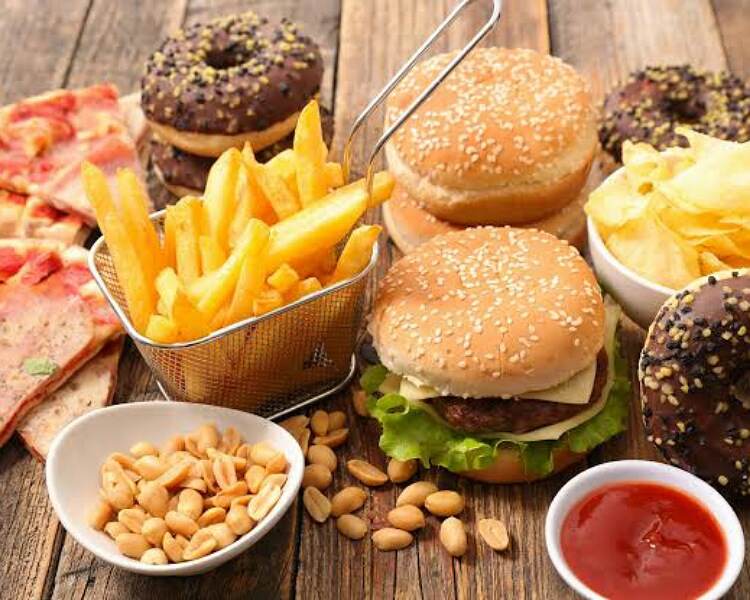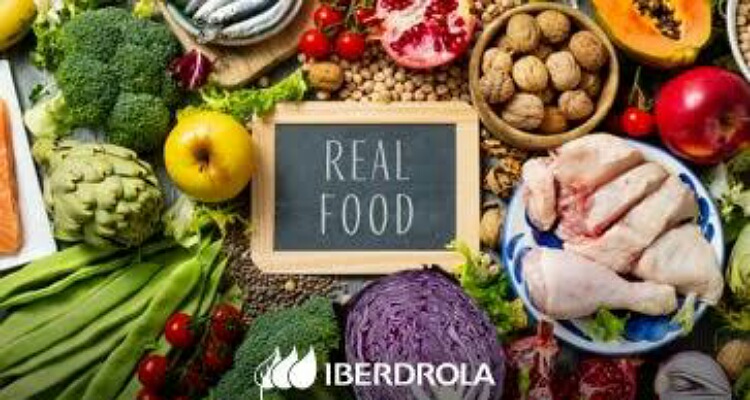Northeastern University’s Network Science Institute did a research on the ultra processed foods available at the supermarkets in the USA. They also evaluated the degree of processing. And the analysis revealed that in the USA, 73% of foods are in an ultra processed form. Moreover, these are cheaper than the healthier alternatives.
Ultra processed foods in the American supermarkets
Northeastern University’s Network Science Institute conducted a research on the percentage of ultra processed foods that are on the shelves of the famous supermarkets in the USA. Also, they made a database of it. And they also evaluated each food for the quantity of processing.
The researchers analyzed 50000 food items that are for sales at the giant supermarkets such as Target, Whole Foods Market, and Walmart. And the findings astonished the research team.

To their surprise, the study showed that the American giant supermarkets sell a large number of ultra processed foods. At least 73% of these foods are highly-processed and hence unhealthy for the body. They could cause diet related chronic diseases and premature deaths.
Moreover, these processed foods were 52% cheaper than their healthier alternatives. This prompted people to choose them over the healthier foods. Taste too might be a reason for this choice.
What the authors say?
The study has led to two papers both of which are under review for publication. Giulia Menichetti, a Senior Research Scientist at the Network Science Institute at Northeastern University, is the senior author of the papers. He said:
“It surprised me how a considerable amount of highly processed food is mistakenly considered healthy because the public narrative still focuses on one nutrient at a time, instead of evaluating food as a whole,”

The team has created the TrueFood database that public can access. It reveals the degree of processing of each food item. In this, each item has a score of 0 to 100, based on their ingredients and additives including the hidden ones not on the label. Surely, this database would help improve food literacy, change consumer behavior, make dietary guidelines robust, and assess food assistance programs. Giulia adds:
“According to my preliminary studies, while these concepts still lack precise quantification, they appear to be the leading factor in explaining how current ultra-processed food negatively affects our health. We need to come up with a mathematical definition of ‘whole food’ versus ‘disrupted food’.”
Studies on highly processed foods
A large prospective cohort study from France showed that 10% increase in intake of these processed foods increased risk of breast cancer. Another study in Obesity Reviews showed that sales of highly processed foods and population BMI are directly related. A university of Sao Paulo study also mentioned that the world needs to address the issue of these processed foods.
 Walter Willett, Professor of Epidemiology and Nutrition at Harvard T.H. Chan School of Public Health talked about processing and clarified:
Walter Willett, Professor of Epidemiology and Nutrition at Harvard T.H. Chan School of Public Health talked about processing and clarified:
“Processing per se is not necessarily harmful, and some can be good such as pasteurization of milk and other means of ensuring microbial safety,”
“Four forms of processing have serious adverse effects on the quality of food: refining grains, partial hydrogenation of oils, refinement of sugar cane to make sugar, and adding excessive amounts of salt and some other preservatives.”
Also, read Are all ultra processed foods really bad?
Walter added:
“Processing can profoundly affect the healthfulness of foods, but I think we need to look more deeply at the types of processing and the foods that are being processed to determine food and nutrition policy.”